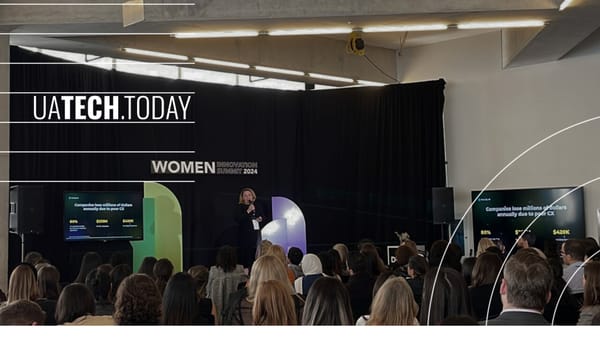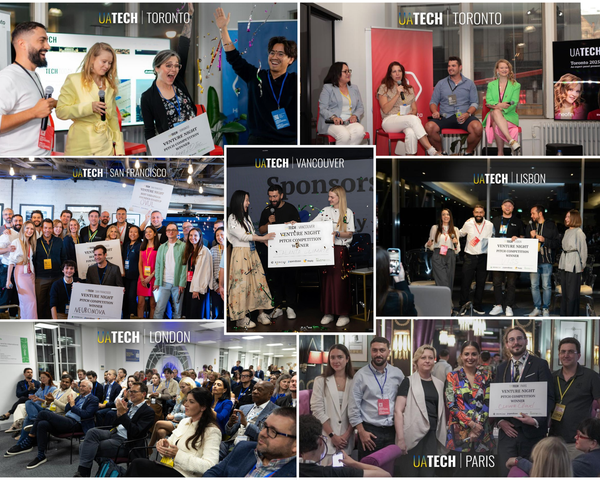In Canada, significant attention is dedicated to fostering gender diversity, with numerous initiatives, grants, and programs aimed at empowering women entrepreneurs. Yet, opinions on quotas remain divided, even among women. These two questions are quite personal to me: should women embrace these quotas? And, most importantly, are they fair?
As the editor of the Women in Tech section, I feel compelled to explore this complex topic. I have spent considerable time studying and expanding my knowledge about women-focused initiatives in the tech industry.

Are Quotas Necessary?
I transitioned from being a vocal opponent of gender quotas to an active supporter after joining the Aspen Institute through a women’s quota. Initially, I wasn’t aware of the quota and fiercely competed for my spot. Upon learning that I got in thanks to one, I felt uneasy, questioning whether I deserved my place or if more qualified individuals had been excluded because of me.
However, during the program, I came to understand that quotas are a transitional measure. Research shows they are critical for addressing imbalances in sectors like tech. For example:
- Women-founded startups receive an average of $0.9 million in funding—three times less than startups founded by men (PitchBook, 2021).
- Women account for just 15% of startup founders in North America and hold only 14–17% of C-suite roles in major companies (McKinsey & Company, Women in the Workplace Report, 2020).

Quotas are designed to provide women with opportunities to demonstrate their expertise in spaces where they have been historically underrepresented. They aim to change structural barriers and create a level playing field, not to provide an unfair advantage.
As women’s representation in tech grows and becomes more normalized, quotas should gradually become less necessary. However, until women are equally recognized for their expertise and contributions, they remain an important tool for progress.
Women-Targeted Initiatives: Opportunities to Consider
The question then becomes more personal: should we, as individuals, take advantage of opportunities provided specifically for women, including through quotas? Critics argue that such opportunities can label women as “the one who got in because of her gender.” I view it differently. These opportunities are platforms, not handouts. Once you’re given the chance, you’re judged by your skills, ideas, and execution. No one in the tech world is given a free pass—often, women face additional scrutiny.

When I spoke at a Women in Big Data event in Canada, I shared my journey of building an AI business and overcoming challenges. After my talk, a young woman approached me, saying my story inspired her to consider launching her own startup. This experience reinforced my belief in the value of these initiatives—not just to further careers but to motivate others to realize their potential.

As I continue to explore this topic, I’ll share stories of successful female founders and dive deeper into initiatives like accelerators, conferences, and grants targeted at women, and how they can shape the future of tech.
by Iryna Andriushchenko
Iryna Andriushchenko is the editor of Women in Tech section for uatech.today. She is a founder of Handy.ai, actively contributes to initiatives promoting innovation and entrepreneurship. She is serving as a mentor for accelerator programs for female founders. Iryna has earned accolades in both Ukraine and Canada, including being named among the Top 25 Ukrainian Women Leaders for her contributions to technology and innovation. She has also co-authored research like "From Ukraine to Canada: Cultivating Sustainable Success with AI-Powered Digital Solutions" and "Real Talk: How Generative AI Could Close Canada’s Productivity Gap," emphasizing the transformative potential of AI.








